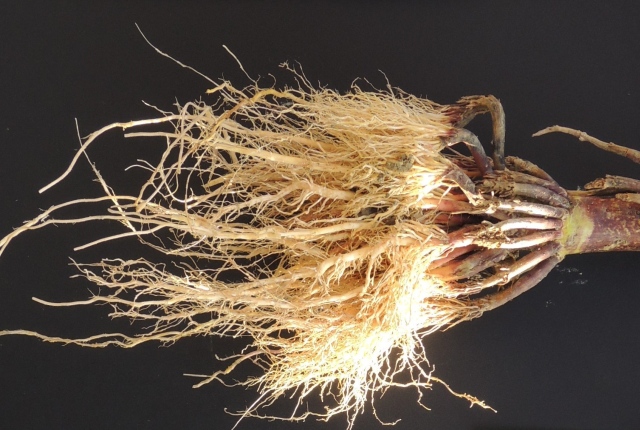Climate-Resilient Agriculture: Starting from the Roots

Climate change and the degradation of agro ecosystems are threatening agriculture. To improve the resistance of plants to stress and provide them with traits that ensure their productivity even under adverse environmental conditions, we need to start at the roots.
This is the aim of Radicals, a PRIN research project coordinated by Silvio Salvi, Professor of Agricultural Genetics at the Department of Agricultural and Food Sciences at the University of Bologna.
The study will focus on the root of the plant, starting with barley. As one of the world’s most important cereals, valuable for both animal and human nutrition, barley has a genome that is genetically simpler than that of wheat, for example, making it particularly suitable as a starting point.
"The focus of the project is to identify the key genes that control roots and their branching, both primary and lateral, with the aim of using genetic improvement techniques to create new varieties that are more resilient to changing environments," explains Silvio Salvi. "Plants with longer roots, for example, are able to reach deep aquifers, for example, while in desert or semi-desert environments, where water is scarce even at depth, surface roots allow the small amount of water that falls as rain to be collected quickly and in greater quantities".
To obtain plants with specific characteristics, it is therefore necessary to understand their genes, in this case those that control root development. Barley is the plant on which the research is based. However, it will be possible to test whether and how genetic control is maintained in other cereals. Together with the University of Bologna research group, a team from the University of Milan, led by Professor Laura Rossini, is also taking part in the project.
In addition to Radicals, the Bologna-based group is involved in WISH-ROOTS, a European research project designed to test if and how root characteristics can have an effect on soil fertility parameters. The results of WISH-ROOTS, a collaboration between the University of Bologna and universities in Belgium, China, Germany, Spain and South Africa, coordinated by the John Innes Centre in Norwich (UK), will result in more sustainable production systems.





